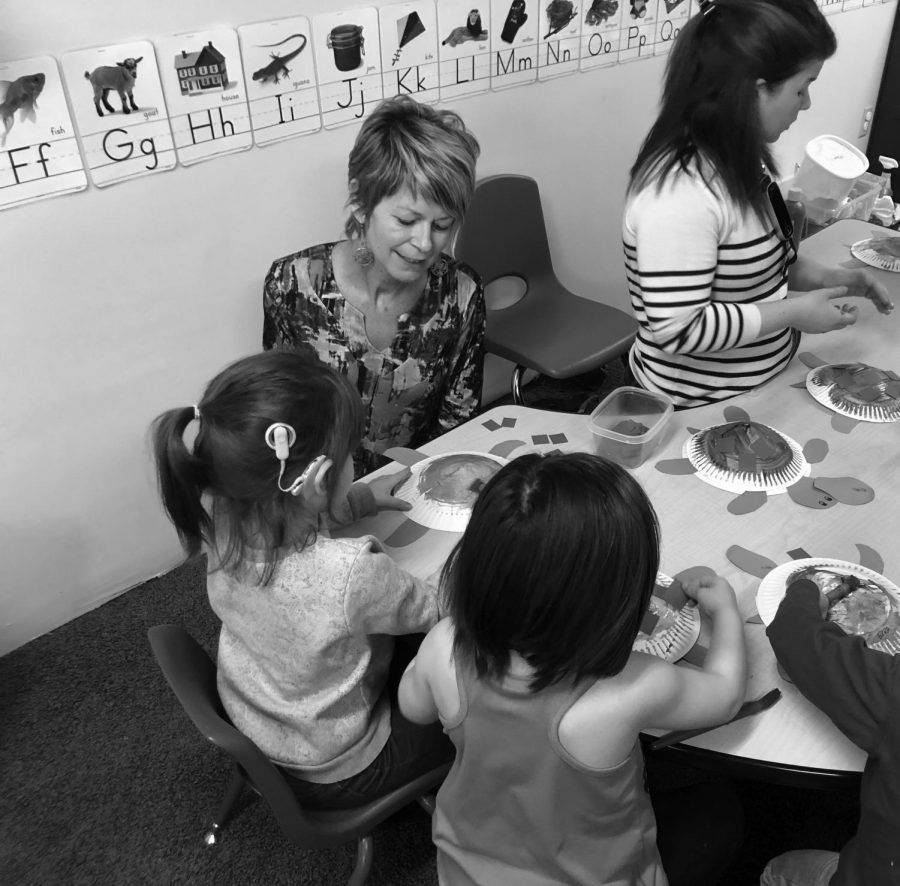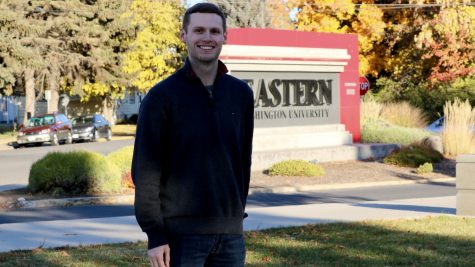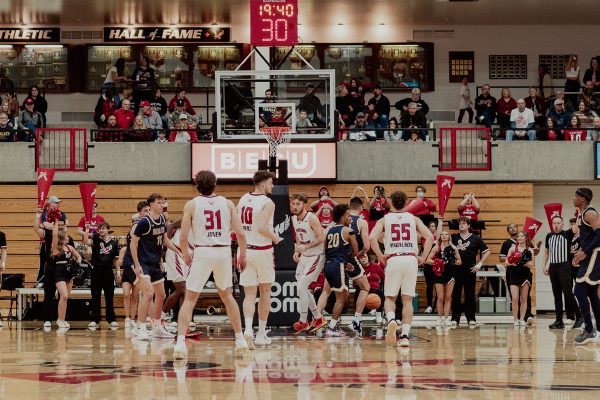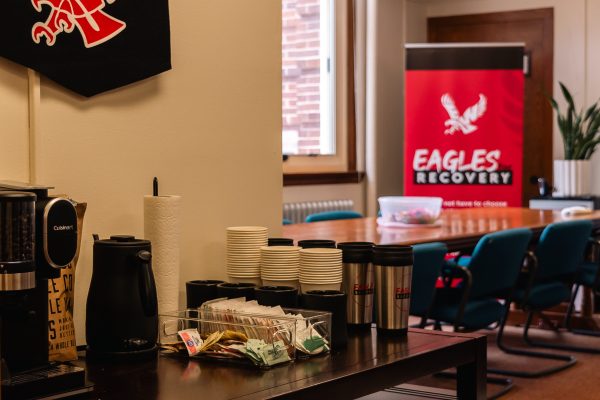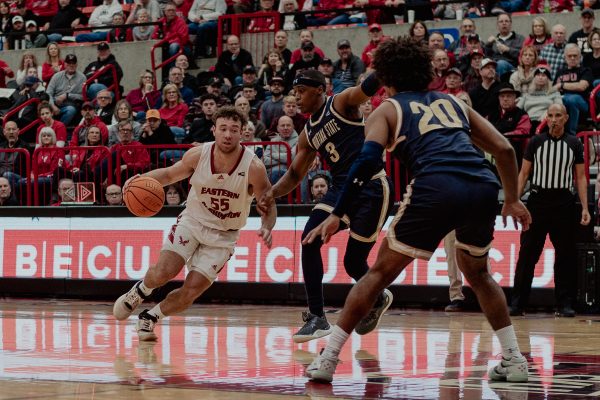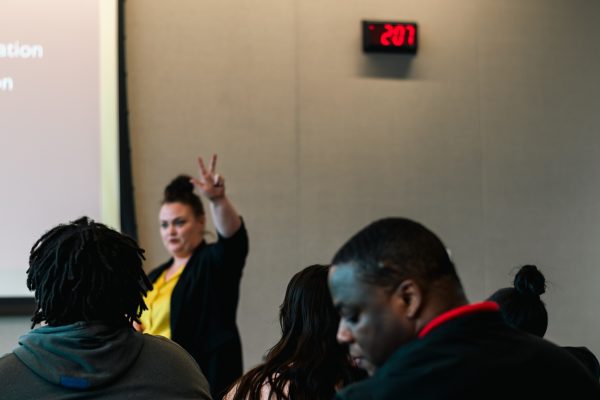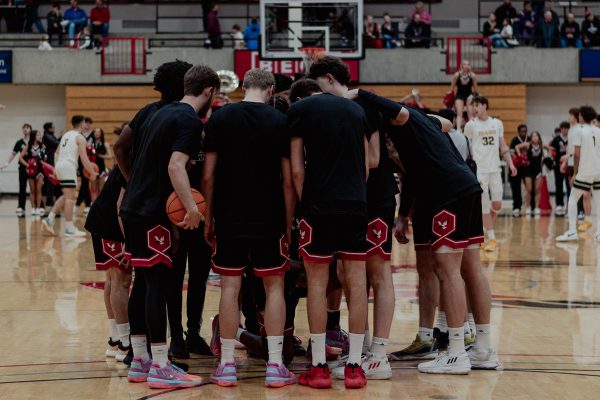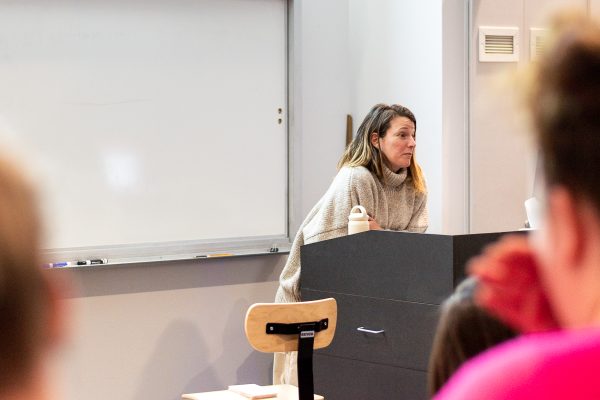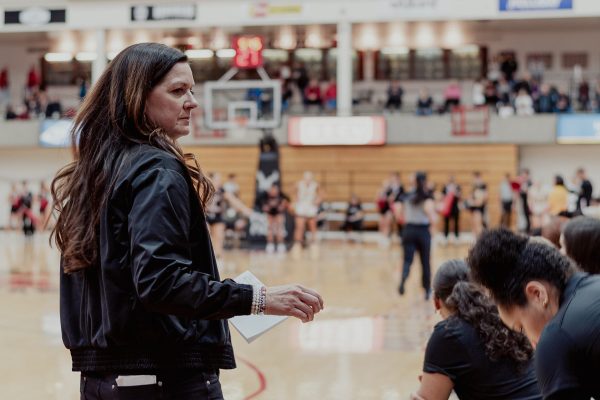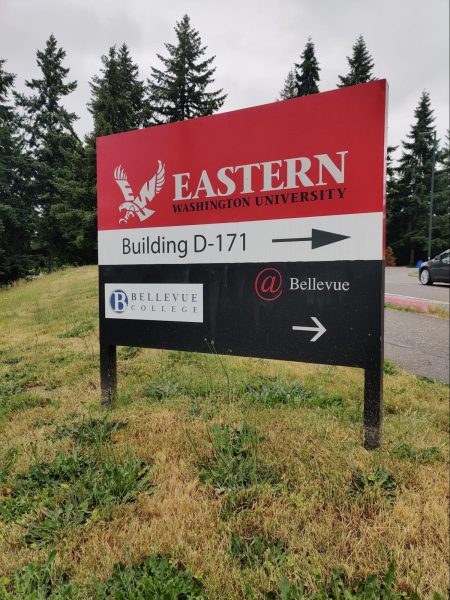EWU alum plays part in helping children with hearing loss
April 5, 2018
Spokane HOPE (Hearing Oral Program of Excellence) is a nonprofit developmental communication program for infants and children with hearing loss.
“When a new parent finds out their child has hearing loss they’re scared, they wonder what their baby’s future is going to look like, and how they’re going to communicate with them,” Danette Driscoll the executive director of HOPE said.
Congenital hearing loss affects two to three infants per 1,000 live births, according to a 1999-2007 CDC study.
Most of the children at HOPE use cochlear implants to hear. The device is surgically attached and allows for the perception of sound by bypassing the damaged inner ear and stimulating the auditory nerve directly.
“We have children who might be two years old before their parents realize they have hearing loss,” said Driscoll. “Sometimes if it’s their first child they say ‘oh kids learn to talk at different times’, but If you think about your brain for two years not getting any language in it, that’s a lot to catch up on.”
HOPE served 81 Spokane children in 2017, operating in the smallest community to support such a program nationwide. Their teachers for the deaf help the children learn communication skills starting as early as two to three months and offer programs though preschool.
Executive director and EWU alumni Driscoll joined the organization three years ago after a career in education administration, and opened Riverpoint Academy – a STEM entrepreneurial high school in the Mead School District. Driscoll emphasized the importance of communication for developmental learning and sees HOPE as the biggest factor to help kids with hearing loss be able to hear and speak.
“Research shows that if kids start school in kindergarten far behind they rarely catch up,” said Driscoll. “To just see that incredible difference within weeks of being in our program I just went, ‘oh my gosh this is truly life changing for these kids’.”
One child that made a substantial impact on Driscoll was a boy who was three years old by the time his parents discovered he was deaf.
“He was behaviorally very active and somewhat violent (primarily out of frustration), because by three he could see that other people were able to interact and get what they want, but he couldn’t figure out how to do it,” said Driscoll. “When he first came into the classroom he literally just ran in circles, jumped under tables, wouldn’t participate and couldn’t participate[…]I still have a bite mark on my hand because that’s how he communicated.”
After receiving a cochlear implant, a child may be able to detect sounds for the first time, but after years of complete silence they don’t mean anything to them. Teachers at HOPE help the children decipher the sounds so they can communicate.
“After four weeks he was a totally different little boy, he was participating, he was sitting in the circle, he was smiling and his parents were in tears because for the first time they had a little boy that they could love and could love them back,” said Driscoll. “He wasn’t able to do that much before because he was so frustrated.”
HOPE plans on building their access to rural areas to accommodate the need that exists outside of cities. Teachers can also connect with families via Skype to help them make sense of the sounds that are going on around them.



